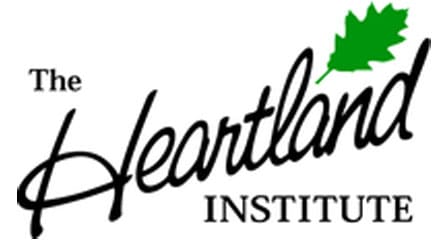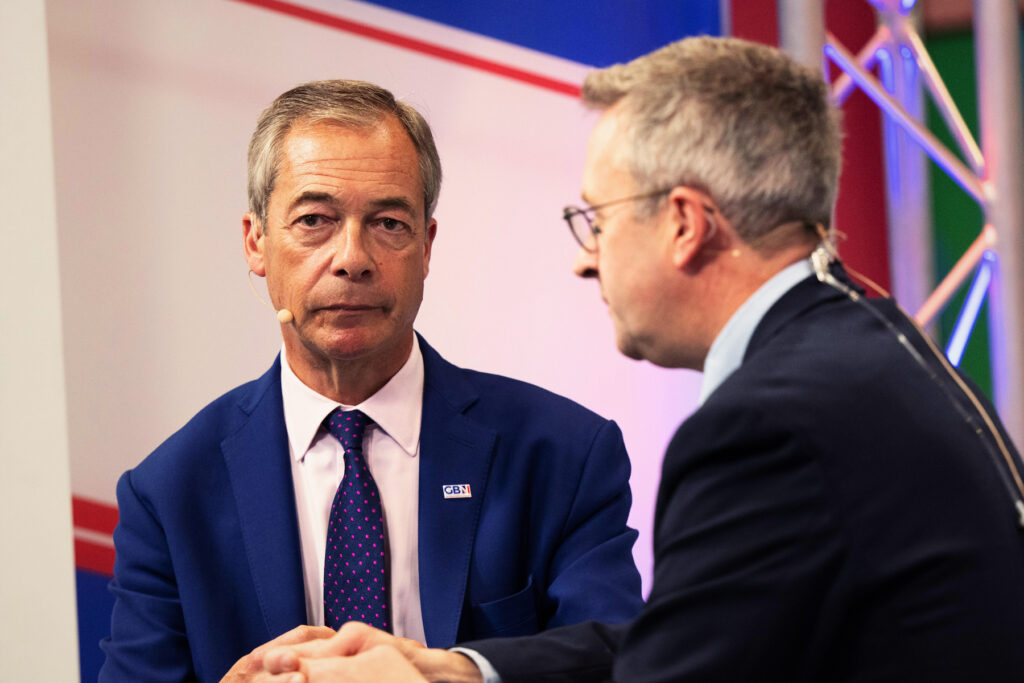Has beens, also-rans, deniers-for-hire on retainer at “think tank”
Update: 13th scientist disavows Heartland connection (See: Watkins at bottom of this post)
The Heartland Institute maintains a stable of 13 scientists on retainer for the express purpose of attacking the work of the Nobel Prize winning Intergovernmental Panel on Climate Change (IPCC), according to budget information released last week in the Heartland document dump.
The scientists, ranging from one of the world’s least credible deniers-for-hire (Dr. S. Fred Singer) to a sessional lecturer on the evolution and history of the domestic dog (Susan Crockford), include no top climate scientists currently publishing in the peer-reviewed literature.
The best paid “expert” on the Heartland list is Craig Idso, a former Director of Environmental Science at Peabody Energy (the largest coal company in the world). Heartland pays Idso $11,600 a month through his Center for the Study of CO2 & Global Change, which like the Heartland Institute, has charitable status and therefore operates with an effective subsidy from the American taxpayer. (Funny how quick libertarians are to fleece old Uncle Sam when THEY get to kick the money back to their rich friends.)
Coming in at $5,000 a month is Idso’s principal partner in the regular IPCC attack, Fred Singer, who for the last 20 years has denied pretty much any health threat with a corporate sponsor: the health impacts of second-hand smoke; coal’s role in creating acid rain; the danger of asbestos; or DDTCFCs in creating the ozone hole; and, of course, the human cause and potential consequences of climate change. (See Naomi Oreskes excellent book, Merchants of Doubt for the full, devastating story ot Singer’s lucrative denial business.)
Together, Idso and Singer developed what they call the Nongovernmental International Panel on Climate Change (NIPCC), which Heartland funds as “the most comprehensive and authoritative rebuttal of the United Nations’ IPCC reports.”
Number 3 on the list of Heartland’s beneficiaries, at $1,667 a month, is the Australian Robert Carter, a geologist at James Cook University in Queensland and a staff member for the Institute of Public Affairs, an Australian think tank which, like the Heartland Institute, takes funding from the tobacco and oil industries.
The fourth, fifth and sixth experts on Heartland’s anonymous donor dole, all at $1,000 a month, are Madhav Khandekar, Indur Goklany and Robert Balling. Khandekar is another think-tank double-dipper, a retired Environment Canada researcher who also shows up on the experts list at the Canadian think tank, the Fraser Institute, which subsidized an earlier IPCC attack called the Independent Summary for Policymakers. Khandekar has also been an “expert” on other discredited climate change denial organizations, including Friends of Science and the Natural Resources Stewardship Project.
Goklany, a Senior Advisor at the U.S. Interior Department, is currently under scrutiny over whether the funding he has accepted from Heartland violates U.S. law against federal employees taking payments that could put them in conflict with their governmental duties.
And Robert Balling is a geography professor at Arizona State who turns up as an expert on several industry funded (taxpayer subsidized) policy hothouses masquerading as “think tanks” and educational organizations. Balling was a trendsetter among climate-change deniers for hire, working as early as the late 1990s for the coal barons of the Western Fuels Association on its Greening Earth Society project.
Coming in with a lower profile and a lower monthly retainer ($750 a month) are Anthony Lupo, and Canadian “Terrestrial Animal” specialists Crockford (the dog expert from the University of Victoria) and Mitch Taylor, a contract lecturer at the Lakehead University who has argued that polar bears are in no danger from climate change.
The weather forecaster Joe D’Aleo gets just $500 a month, (kid-stuff compared to the $88,000 that Heartland is kicking over to D’Aleo’s meteorological colleague Anthony Watts). D’Aleo, co-founder of The Weather Channel, predicted in the 2008 Farmers Almanac that the world was entering a cooling phase. (No word whether he updated that prediction after 2009 was the second hottest year on record and 2010 tied for the hottest.)
It must be disappointing to be Willie Soon, at just $125 a month. Soon is an astrophysicist at the Harvard-Smithsonian Center for Astrophysics. But his credibility has sustained a series of terrible blows. It was reported last year, for example, that he took took more than $1 million in funding from oil and coal companies, including the Koch Foundation, Southern and Exxon. He’d earlier been reportedly taking money from the American Petroleum Institute and he and Sallie Baliunas had a paper discredited in the journal Climate Research (it was so bad, the editor resigned in protest).
Also budgeted at $125 a month are Craig Loehle, a pulp and paper industry scientist, and David Watkins, who appears to be a water resources specialist in the civil and environmental engineering department at Michigan Tech. There being no obvious public record of Watkins having said anything embarrassingly silly about climate science, it’s not immediately clear what his name is doing on the Heartland list.
Update: David Watkins, Associate Professor and Graduate Program Director at Michigan Tech contacted the DeSmogBlog today to say:
I have had no contact with the Heartland Institute, have not received [nor have been offered] any funding from them, and have no idea how I ended up in their 2012 budget. M(y) university administration is trying to contact Heartland to find out how this misuse of my name occurred.
Apologies to Dr. Watkins for any embarrassment we might have caused him by repeating the erroneous, and potentially damaging, contention that he was accepting money from Heartland. Read the official response from Michigan Tech University.
Subscribe to our newsletter
Stay up to date with DeSmog news and alerts







